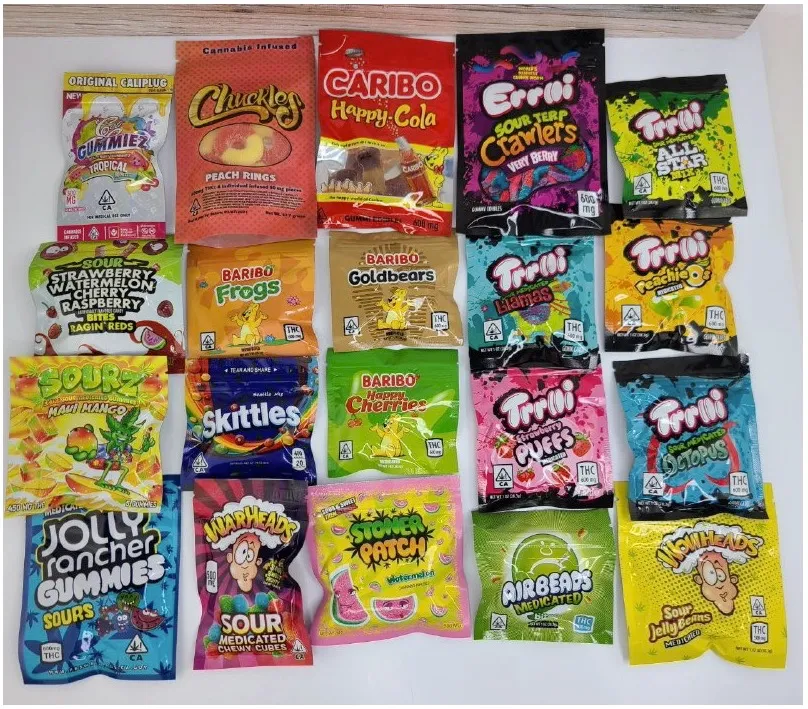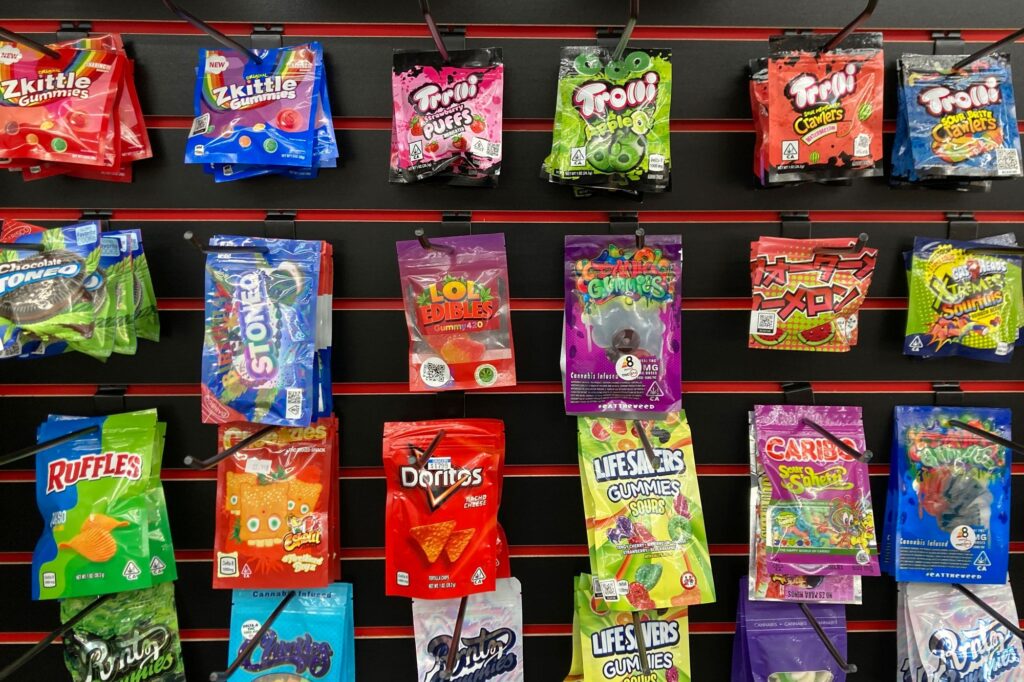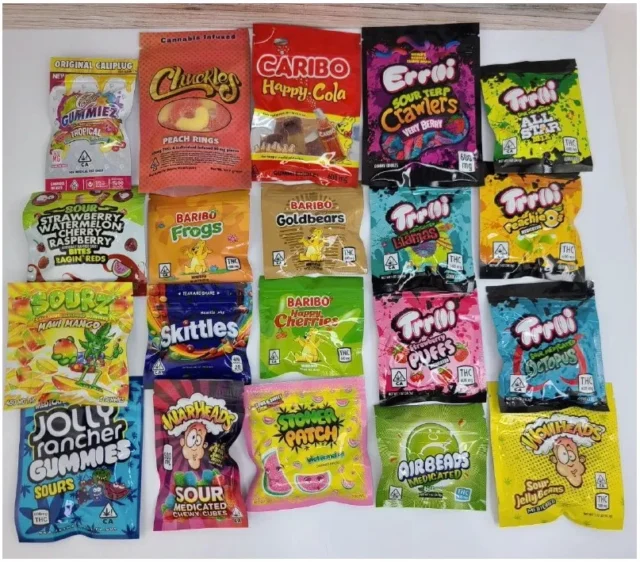Cannabis edibles have gained significant popularity in recent years, offering consumers an alternative way to experience the effects of cannabis. However, a concerning trend has emerged where copycat brands are using well-known legitimate sweet packaging to appeal to a younger audience. This article explores the issue of copycat brands in the cannabis industry and how they exploit familiar packaging to target children. Google sources have been utilized to provide reliable information and insights on this topic.
The Appeal of Cannabis Edibles:
Cannabis edibles, such as gummies, chocolates, and candies, have become a preferred choice for many cannabis users due to their discreet and convenient nature. These products offer an alternative to smoking or vaping and allow users to experience the effects of cannabis in a more controlled and longer-lasting manner.
Copycat Brands and Packaging:
Copycat brands are companies that deliberately mimic the packaging and branding of well-known legitimate sweets and snacks to market their cannabis-infused products. By replicating popular candy or snack packaging, these brands aim to attract a younger demographic, including minors, by creating a sense of familiarity and nostalgia.
The Concern for Children’s Safety:
Using packaging that closely resembles well-known sweets raises concerns about accidental consumption by children. The colorful and appealing designs can easily be mistaken for regular candy, potentially leading to unintentional ingestion and harmful effects. This poses a significant risk to children who may not understand the difference between cannabis-infused edibles and regular sweets.
Legal Implications and Regulation:
The rise of copycat brands has prompted legal and regulatory actions to protect public safety and prevent appealing packaging from targeting children. Several jurisdictions have implemented stricter regulations on packaging requirements for cannabis edibles, mandating child-resistant packaging, warning labels, and distinct designs that are less likely to be attractive to minors.
Public Awareness and Education:
Raising public awareness about the dangers of accidental ingestion is crucial in combating the appeal of copycat brands. Educating parents, caregivers, and the general public about the potential risks associated with cannabis-infused edibles and the importance of safe storage can help prevent accidental consumption by children.
Responsible Marketing and Packaging:
To address the issue, cannabis companies and legitimate brands must prioritize responsible marketing practices and packaging that clearly differentiate cannabis edibles from regular sweets. This includes using distinct branding, labeling, and packaging that minimizes the appeal to children and ensures the products are easily identifiable as cannabis-infused.
Conclusion:
The rise of copycat brands using well-known legitimate sweet packaging to appeal to children is a concerning trend in the cannabis industry. The exploitation of familiar packaging poses risks to children who may accidentally consume cannabis-infused edibles. Stricter regulations, public awareness campaigns, and responsible marketing practices are essential to address this issue and ensure the safety and well-being of children. By prioritizing education and responsible packaging, the cannabis industry can mitigate the potential harm caused by copycat brands and protect the integrity of legitimate cannabis edibles.











